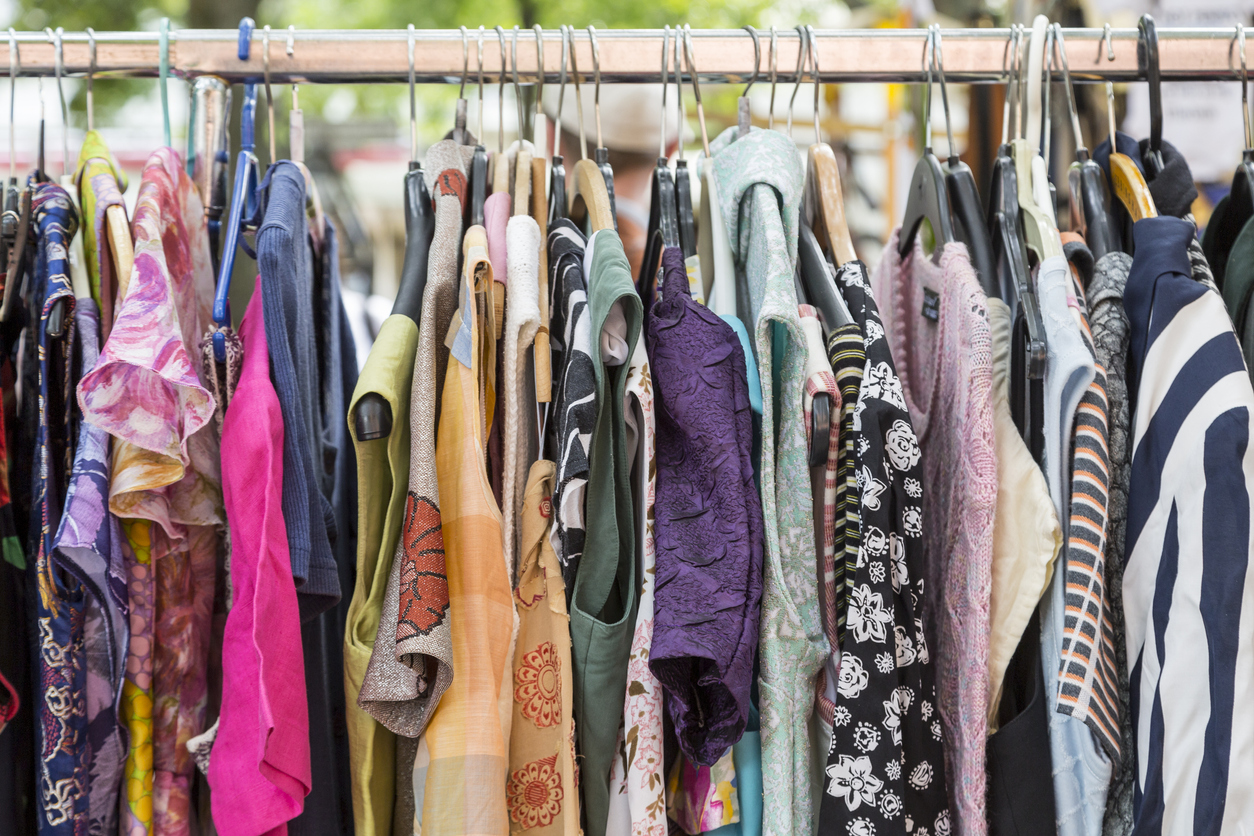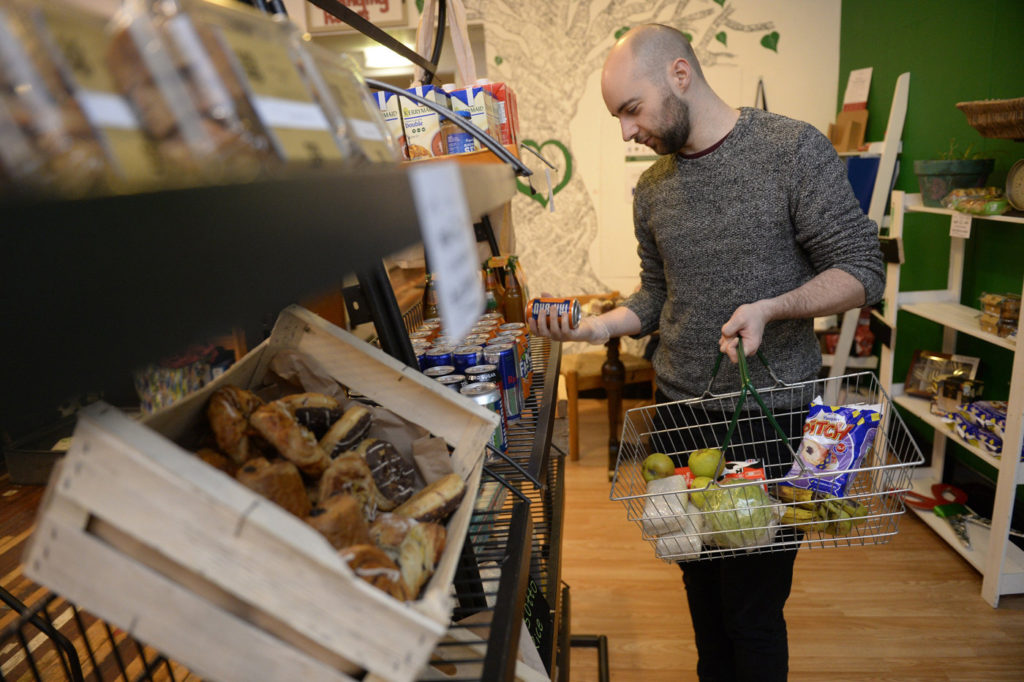
2018 was the year of the reusable coffee cup and the paper straw, with the world sitting up and taking note of the single use plastic consumption crisis.
But for ethical consumers already undertaking last year’s recommendations, what’s next for 2019?
What are we now doing to build on the progress we made last year?
Research produced by recycling and waste disposal experts Business Waste UK has taken a look at the progression of both sellers and consumers across the country, coming up with the eco-trends to follow to make sure we’re setting ourselves up for a greener future.
Packaging-free stores
Selling produce without excessive packaging is less a new idea and more a return to traditional methods, but packaging-free shops have seen a huge increase in popularity in the first half of 2019.
Plastic-free stores have opened in Edinburgh and London this year, with smaller versions – selling dried goods and refills of cleaning products, amongst other items – popping up in markets in Manchester and Leeds.
Beauty retailers Lush have followed suit, opening a packaging free location where devoted followers of the cult brand can buy solid shower gels, soaps, and perfumes – all without packaging.
Increased demand is leading to much more choice for consumers who’d like to skip on wasteful packaging, making this an area to watch in 2019.
Renewable energy sources
This year has seen the first coal-free week in UK energy supply – and a huge rise in the number of consumers switching energy suppliers towards sustainable providers.
Firms such as Bulb and Ecotricity have been picking up thousands of new customers for their eco-friendly claims over 2018 and the start of 2019 – with plans which promise renewable and carbon-neutral energy sources.
In response, the Big Six energy providers have been forced to introduce new plans to accommodate increasingly eco-minded customers – although they often stop short of the more green companies’ claims, such as Npower’s Go Green plan which promises to match 100% of a user’s electricity usage (or 15% of their gas usage) by purchasing the equivalent in renewable energy certificates.
A greater move to renewable energy could not only encourage bigger providers to offer better propositions, but could also prompt bigger conversations at government level about investment in renewable energy sources – watch this space.
Slow fashion
Slow fashion has seen a slow burn. Created as an antidote to the fast fashion of high street chains, whose cheap, often unethically sourced, garments are designed to be replaced in a matter of months, slow fashion focuses on ethical sourcing, high quality, and classic pieces which will stand the test of time.
The industry has seen slow uptake due to the higher pricing associated with slow fashion and a lack of choice for consumers, but that could be about to change.
While even high-end brands like Versace are now keen to flex their sustainable muscle, at the more affordable end of the market there has been a boom in new brands – and existing companies upping their game.
Retail giant H&M launched a new line of recycled-fabric garments; hundreds of companies signed a charter to reduce plastic waste; even High Street staple M&S has proudly announced all of its cotton now comes from sustainable sources and a clothes recycling scheme in partnership with Oxfam.

Enjoy the convenience of having The Sunday Post delivered as a digital ePaper straight to your smartphone, tablet or computer.
Subscribe for only £5.49 a month and enjoy all the benefits of the printed paper as a digital replica.
Subscribe